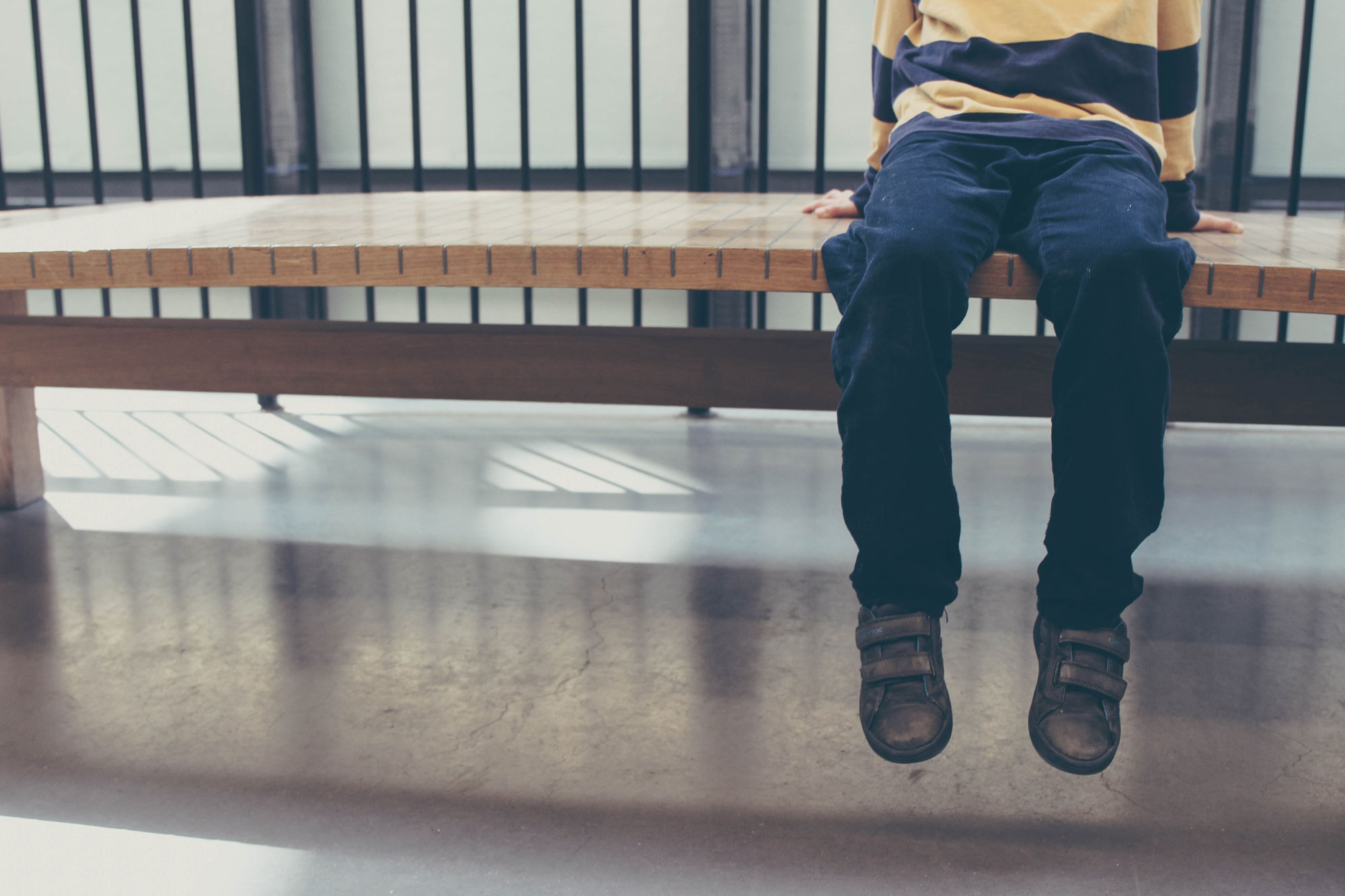Talking about mental health matters, and the words we use can have a Bullying comes in a wide variety of forms. From name-calling to physical harm, children may face bullies as early as preschool and throughout their teenage years. If you’re a parent worried about the wellbeing of your child, check out these tips for spotting signs of bullying and preparing your child to stand up for themselves.
Signs of bullying
Using terminology that paints mental illness as always negative can Though it may seem difficult to know when your child is being bullied, there are a few signs they may exhibit. If your child is a victim of physical bullying, the signs will be more obvious:
- Ripped clothing
- Bruises or cuts
- Missing personal belongings
However, bullying can happen on emotional and mental levels, meaning the signs will be behavioral rather than physical. Bullying is marked by the following:
- Weakened appetite
- Abnormal moodiness
- Avoidance of school-related activities
- Headaches
- Stomachaches
- Difficulty sleeping
- Frequent crying and emotional outbursts
Spotting cyberbullying
The emergence of social media and the popularization of the internet amongst children and teens creates an entirely new space for bullying behavior as well. The internet typically anonymizes bullies and can sometimes worsen the emotional pain of victims.
Children and teens experiencing cyberbullying show specific symptoms including:
- Emotional distress after using their phone or computer
- Withdrawal from family, friends, and activities they enjoy
- Persistent desire to stay home from school
Opening up the conversation
We should strive to avoid language that places blame on the person’s To help your child open up about potential bullying experiences and equip them with the tools to defend themselves at school, try the following:
- Ask your child how school is going – Start the conversation casually without directly asking if they are being bullied. If you are worried about specific areas, such as the playground or a certain class, ask questions such as, “What happened at recess today?” or “How is class going?” Approaching the discussion calmly will encourage your child to share their experiences more openly.
- Create a list of possible responses – Once you have details about your child’s bullying experience, help them brainstorm responses that can shut down the behavior. Neutral responses such as “that’s not nice” or “leave me alone” can prove effective in helping your child de-escalate the situation and take control.
- Roleplay as the bully – After discussing possible responses, let your child practice by doing a roleplay activity. Repeat the sentiments expressed by the bully and give your child the opportunity to respond in a controlled and comfortable setting. Practicing what to say and how to say it will help them build confidence when they address their bully at school.
- Help your child get help – If your child is facing physical threats or is in immediate danger, contact their school counselor as soon as possible. Help your child prepare to discuss their situation by roleplaying as their counselor and asking them basic questions about the bullying so they are ready to give clear answers.
Getting professional help
The emotional impact of bullying on children may require professional support. At Valley Oaks Health, we offer services to help children manage feelings of depression, anxiety, or other mental health concerns associated with bullying.






